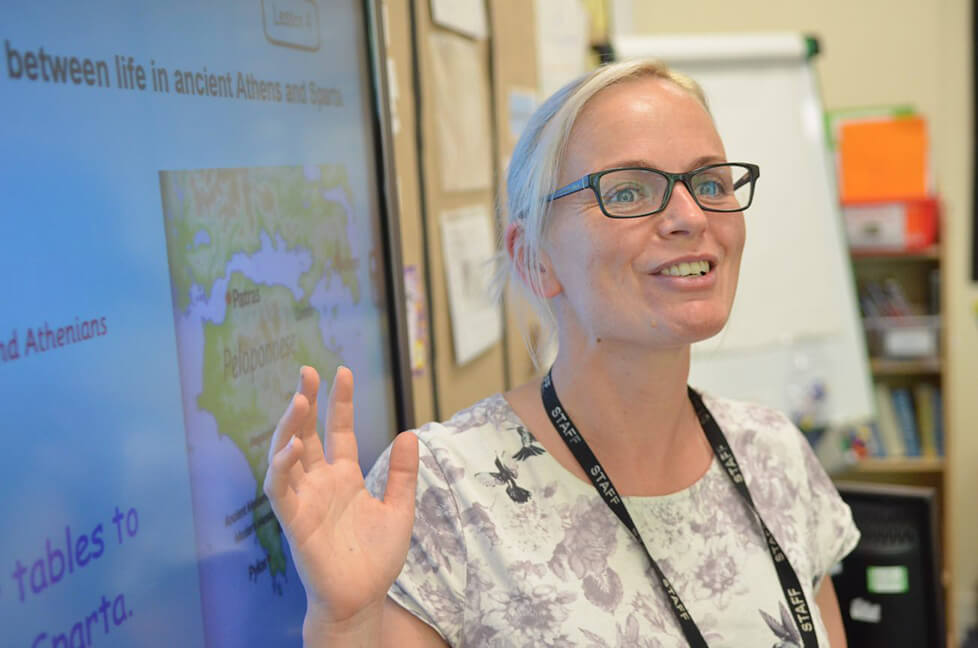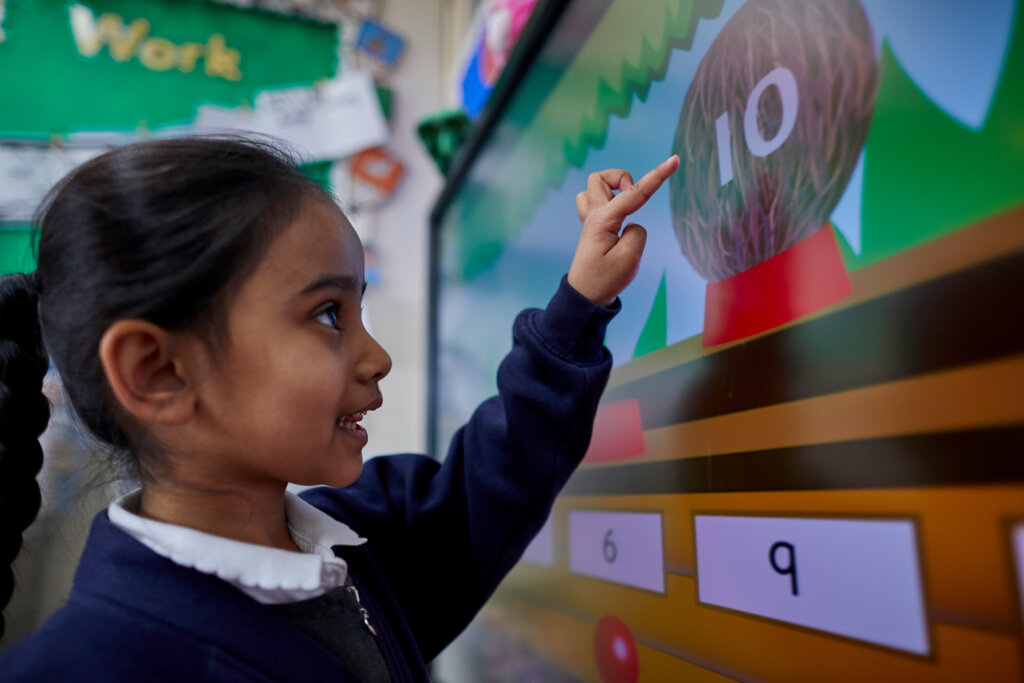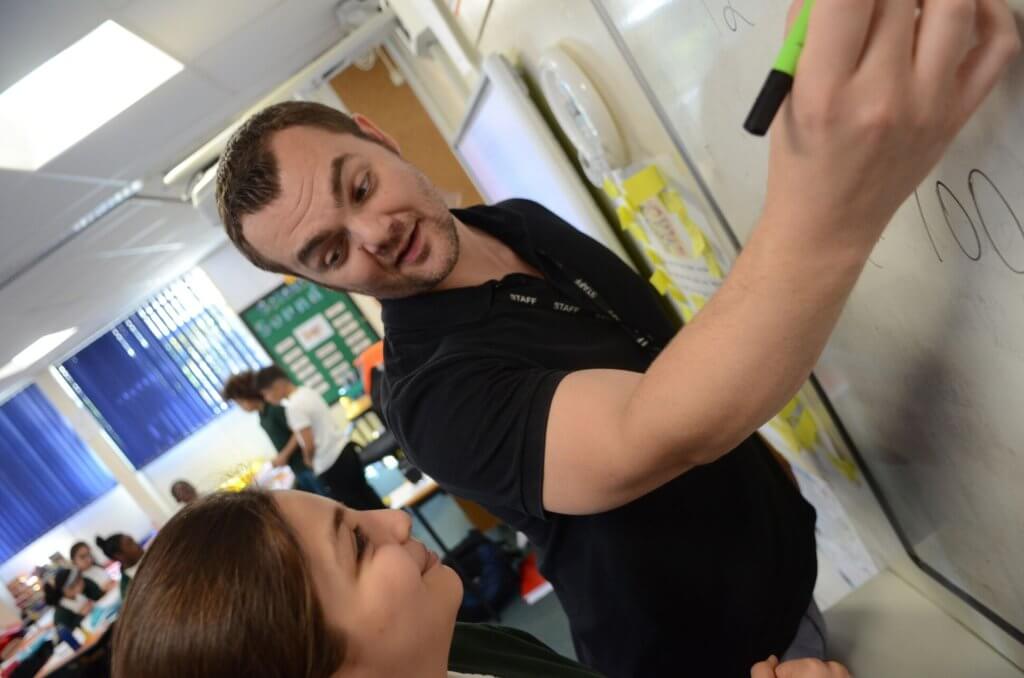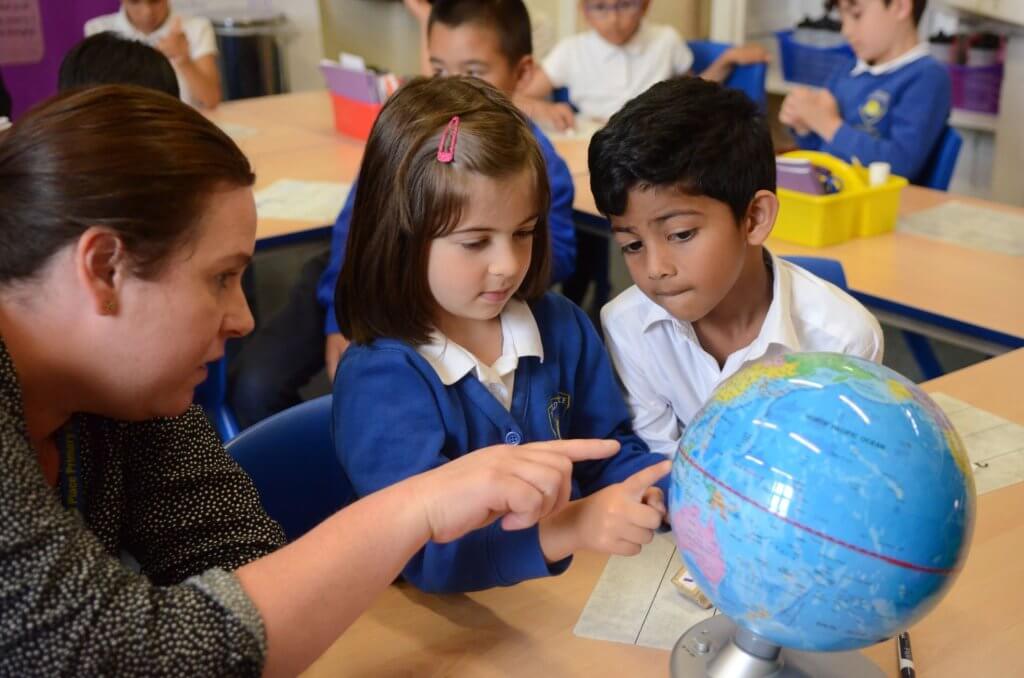Public opinion on British schooling
Ipsos, a leading marketing research company, recently carried out a survey of 1,919 adults in England, including 521 parents of school-aged children, asking for their views on education in Britain. According to the results, half the British public were satisfied with the quality of primary education, yet only 27% think that schools can effectively support pupils’ mental health.
The poll reveals a significant level of concern amongst parents for their children’s wellbeing. Almost half of parents worry about their child’s mental health, whilst a third expressed concerns about their child’s social life and friendship. A similar proportion worries about their physical health. Notably, 27% of the public also reported that the government did not do enough to promote staff wellbeing in schools.
When participants were asked what the government should prioritise for schools, special educational needs and disabilities (SEND) and mental health services ranked at the top of the list. A further 34% mentioned free school meals, whilst 32% said more teaching assistants were needed to support teachers.
The attainment gap widens for looked-after children
A recent report by the Education Policy Institute has raised concerns over the increasing attainment gap between looked-after children and their peers in the aftermath of Covid-19. Researchers say that the pandemic ‘essentially wiped out the earlier progress that had been made up until 2019.’
Analysis shows that the percentage of pupils who have experienced social care at some point in the last six years has risen from 10.7% in 2014, to 12.7% in 2021. Additionally, the number of pupils classified as children in need (CIN), with a child protection plan (CPP) in place, also increased from 0.6% to 2.2% within the same time period.
In 2019, looked-after children were 2.2 grades behind their peers in GCSE English and Maths. In 2021, this figure had risen to 2.3. Researchers also found that grade gaps widened for CIN, including those with CPPs. To better understand these trends, researchers considered the socioeconomic status of these groups. 78% of children on a CPP were eligible for free school meals in the last years in 2021, followed by 61% of looked-after children and 54% of CIN. In contrast, only 19% of their peers qualified for free school meals.
The report concludes that the National Tutoring Programme (NTP) will not be enough to close the post-pandemic attainment gap. Instead, researchers argue that education recovery ‘needs to go beyond academic programmes and support children’s social and emotional learning […] as well as urgently tackling child poverty.’
The pervasiveness of sexual harassment and violence in schools
Sexual harassment and sexual violence continues to be a ‘scourge in schools,’ according to a report published by the Women and Equalities Committee. The scale of the problem was first exposed by Everyone’s Invited, a website that collected thousands of testimonies from girls and young women who had experienced sexual violence, harassment, or peer-on-peer abuse in school.
The Committee says ‘it is saddening that Ofsted and the schools they inspect only acknowledged the seriousness of the sexual violence problem in schools following public testimonies.’ However, MPs welcome the conclusions of Ofsted’s 2021 review, which recommend a carefully sequenced relationships, sex and health education (RSHE) curriculum, as well as routine record-keeping and analysis of peer-on-peer abuse.
During their inquiry, the Committee found that some schools were not sufficiently promoting gender equality or acknowledging the problem of violence against women and girls. To resolve this issue, the Committee argues for more funding and training to support teachers with the delivery of RSHE. In particular, educators should learn ‘how to engage boys and young men in conversations that challenge prevailing gender norms and ideas of masculinity.’
Additionally, RSHE should be made compulsory in sixth forms and colleges, ensuring young people are well-equipped to navigate potentially dangerous situations as they make their first steps into the adult world. The Committee also asks Ofsted to investigate the level of abuse experienced by female staff in schools as part of its inspections.
As your trusted partner in education, remember that we are here to support you and your school. Whether it’s supporting you with SEND, or building a culture of safeguarding, our team is passionate about securing the success and wellbeing of every child.
Please get in touch to find out how we can help.















